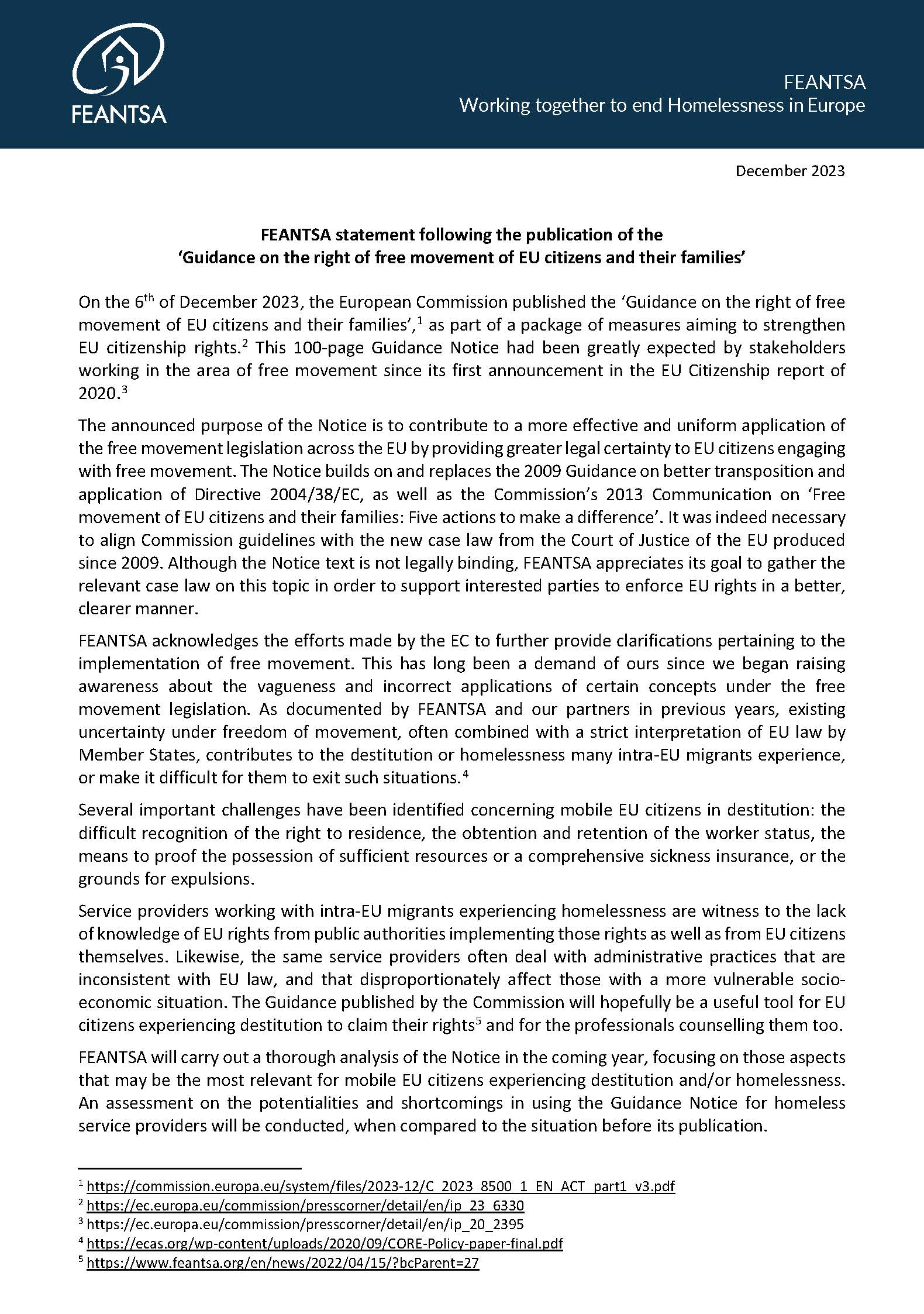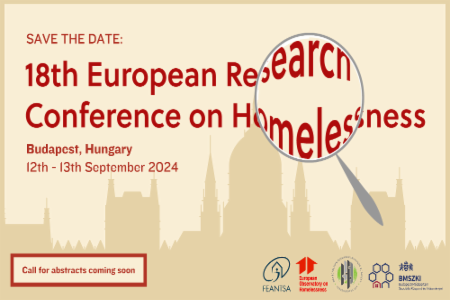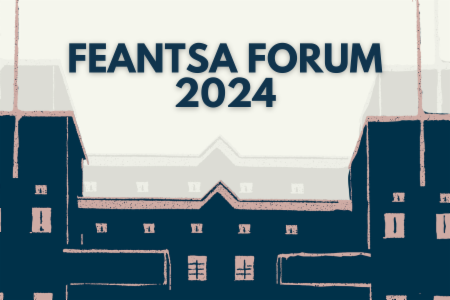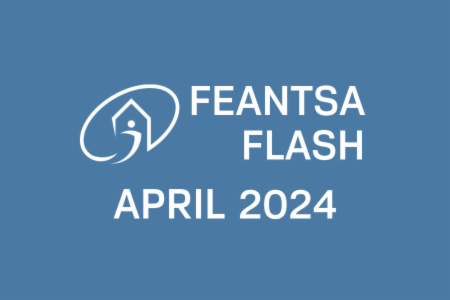FEANTSA statement following the publication of the
‘Guidance on the right of free movement of EU citizens and their families’
On the 6th of December 2023, the European Commission published the ‘Guidance on the right of free movement of EU citizens and their families’,[1] as part of a package of measures aiming to strengthen EU citizenship rights.[2] This 100-page Guidance Notice had been greatly expected by stakeholders working in the area of free movement since its first announcement in the EU Citizenship report of 2020.[3]
The announced purpose of the Notice is to contribute to a more effective and uniform application of the free movement legislation across the EU by providing greater legal certainty to EU citizens engaging with free movement. The Notice builds on and replaces the 2009 Guidance on better transposition and application of Directive 2004/38/EC, as well as the Commission’s 2013 Communication on ‘Free movement of EU citizens and their families: Five actions to make a difference’. It was indeed necessary to align Commission guidelines with the new case law from the Court of Justice of the EU produced since 2009. Although the Notice text is not legally binding, FEANTSA appreciates its goal to gather the relevant case law on this topic in order to support interested parties to enforce EU rights in a better, clearer manner.
FEANTSA acknowledges the efforts made by the EC to further provide clarifications pertaining to the implementation of free movement. This has long been a demand of ours since we began raising awareness about the vagueness and incorrect applications of certain concepts under the free movement legislation. As documented by FEANTSA and our partners in previous years, existing uncertainty under freedom of movement, often combined with a strict interpretation of EU law by Member States, contributes to the destitution or homelessness many intra-EU migrants experience, or make it difficult for them to exit such situations.[4]
Several important challenges have been identified concerning mobile EU citizens in destitution: the difficult recognition of the right to residence, the obtention and retention of the worker status, the means to proof the possession of sufficient resources or a comprehensive sickness insurance, or the grounds for expulsions.
Service providers working with intra-EU migrants experiencing homelessness are witness to the lack of knowledge of EU rights from public authorities implementing those rights as well as from EU citizens themselves. Likewise, the same service providers often deal with administrative practices that are inconsistent with EU law, and that disproportionately affect those with a more vulnerable socio-economic situation. The Guidance published by the Commission will hopefully be a useful tool for EU citizens experiencing destitution to claim their rights[5] and for the professionals counselling them too.
FEANTSA will carry out a thorough analysis of the Notice in the coming year, focusing on those aspects that may be the most relevant for mobile EU citizens experiencing destitution and/or homelessness. An assessment on the potentialities and shortcomings in using the Guidance Notice for homeless service providers will be conducted, when compared to the situation before its publication.
1 https://commission.europa.eu/system/files/2023-12/C_2023_8500_1_EN_ACT_part1_v3.pdf
2 https://ec.europa.eu/commission/presscorner/detail/en/ip_23_6330
3 https://ec.europa.eu/commission/presscorner/detail/en/ip_20_2395
4 https://ecas.org/wp-content/uploads/2020/09/CORE-Policy-paper-final.pdf
5 https://www.feantsa.org/en/news/2022/04/15/?bcParent=27






